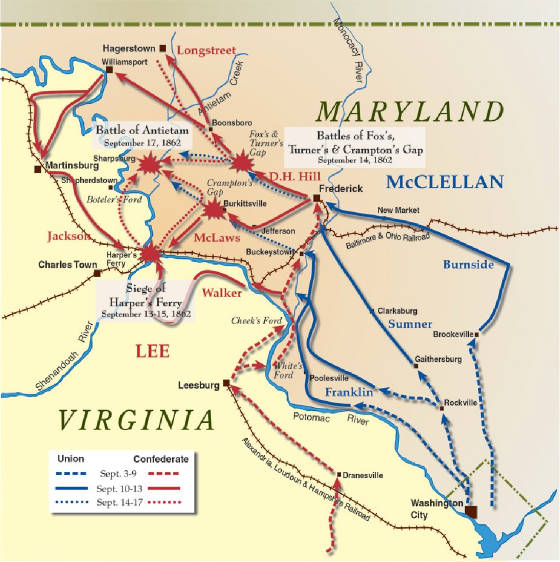Public Financing of MoCo Elections Passes
Today (September 30) the MoCo Council adopted a bill to become the first jurisdiction in Maryland to implement public financing of elections.Candidates will have to meet a threshold of small donations, and once they do that donations will be matched by a public fund. Small donations will be matched at a higher rate than large donations, so the public should have a greater voice in how money is raised for campaigns.
The MoCo Council spent many hours today going over this bill, making many amendments that most people feel generally strengthened the bill.
As was said by a Council Member, this public financing bill is the result of years of work by Council Member Phil Andrews. He supported and pushed for public financing of elections to make the public a more influential voice in elections than large donors. He will soon be leaving the Council but this, as well as many other initiatives of his in the past, will influence the citizens of Montgomery County long into the future.











